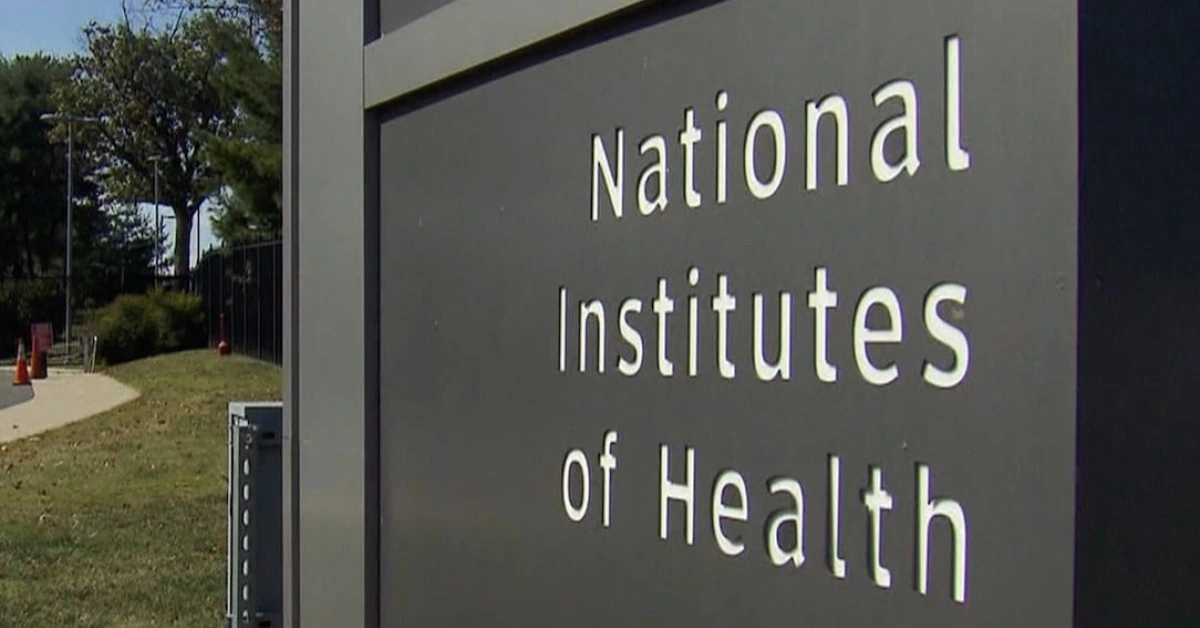
USA – The National Institutes of Health (NIH) has announced a plan to reduce reimbursements for indirect costs associated with research grants, capping them at 15%.
This move is projected to save the government approximately US $4 billion annually. Indirect costs cover essential expenses such as laboratory space, equipment, utilities, and administrative support, which are crucial for the effective conduct of research.
Currently, the NIH reimburses these costs at rates averaging between 27% and 28%. The proposed reduction has elicited significant concern from the biomedical research community, with reports indicating that some research laboratories have already decided to close as a consequence.
In response to the proposed cuts, attorneys general from 22 Democratic-led states have filed a lawsuit in Boston, challenging the NIH’s decision.
The lawsuit argues that the NIH is exceeding its authority and violating federal law by implementing these cuts retroactively and without proper authorization.
The plaintiffs warn that the reduced funding could lead to layoffs, disrupt ongoing research, and force laboratory closures.
Senator Susan Collins, a Republican from Maine, has also voiced opposition to the proposed cap, describing it as “poorly conceived.” She expressed concerns that the cuts could harm important research, particularly in her home state.
Collins has indicated that she will oppose the confirmation of Robert F. Kennedy Jr., the nominee for head of the Department of Health and Human Services unless the policy is re-examined.
A federal judge in Massachusetts has temporarily halted the implementation of the funding cuts, scheduling a hearing for February 21 to further address the legality of the NIH’s actions.
This legal battle underscores the critical importance of maintaining funding for indirect costs, which are pivotal for ongoing research projects and the overall research ecosystem.
The proposed reductions are part of a broader initiative by the Trump administration, supported by the Department of Government Efficiency led by Elon Musk, to reduce government spending.
However, critics argue that such cuts could have far-reaching negative consequences for medical research and public health.
XRP HEALTHCARE L.L.C | License Number: 2312867.01 | Dubai | © Copyright 2025 | All Rights Reserved